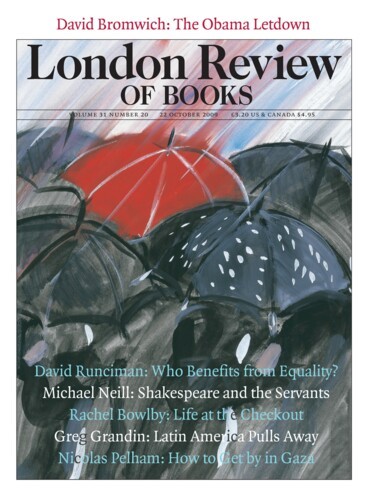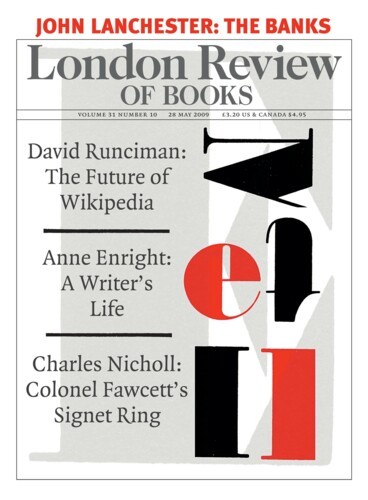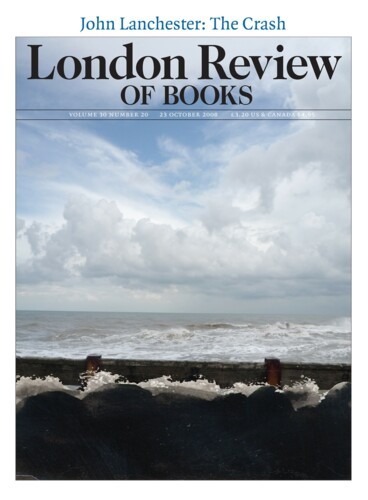When I was younger I used to support a football team that no longer exists, called Wimbledon FC. They played at Plough Lane, a small, ramshackle ground in an ugly bit of South London (some way off from the Wimbledon where the tennis happens), and they played a rough, rumbustious style of football that didn't endear them to outsiders but warmed the hearts of their fans, especially when it enabled them to turn over fancier, more fastidious teams, who often seemed to perform at Plough Lane as though they had clothes-pegs on their noses.
Frankly, it doesn’t much matter if the players don’t know where they are, so long as the fans are there to welcome them. What these new owners want is a club with a clear sense of identity, around which they can construct their own elaborate fantasies. So the supporters still count for something.





